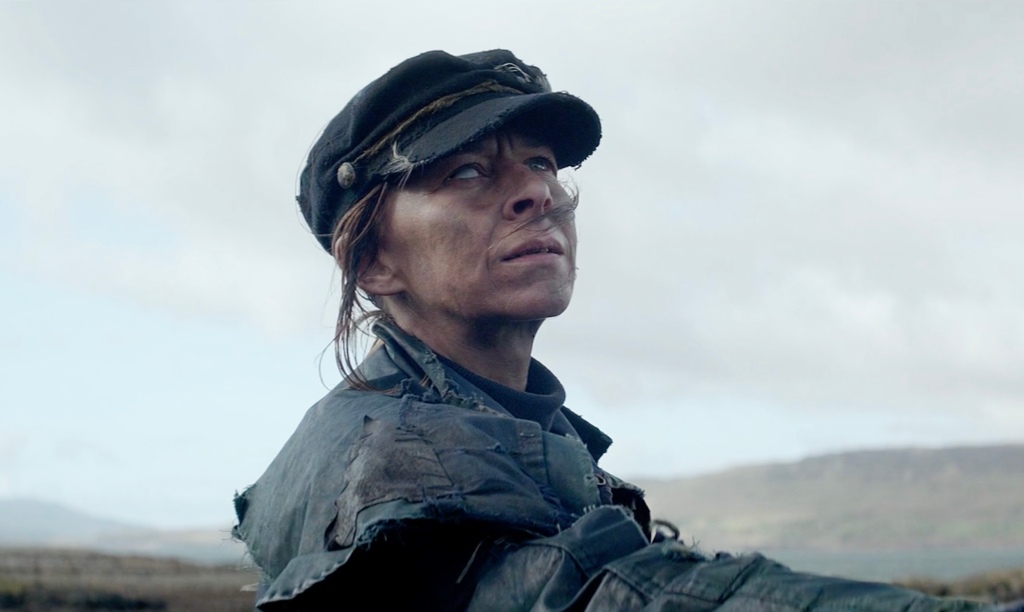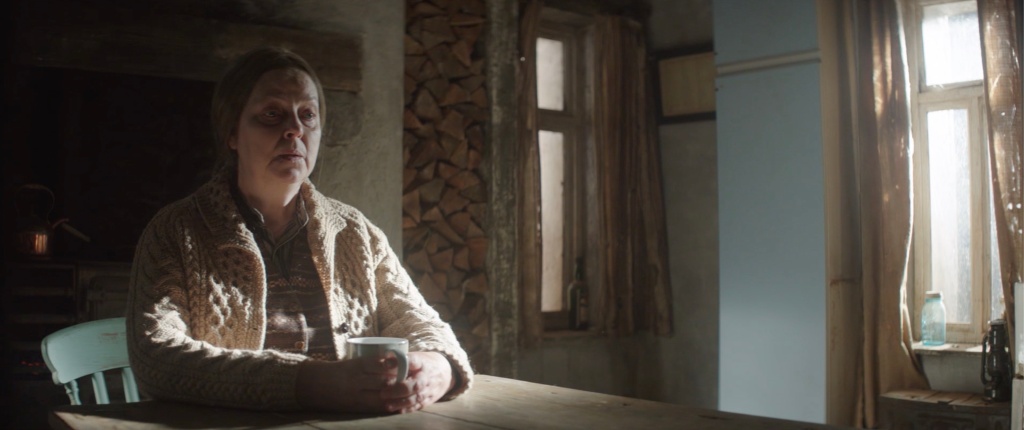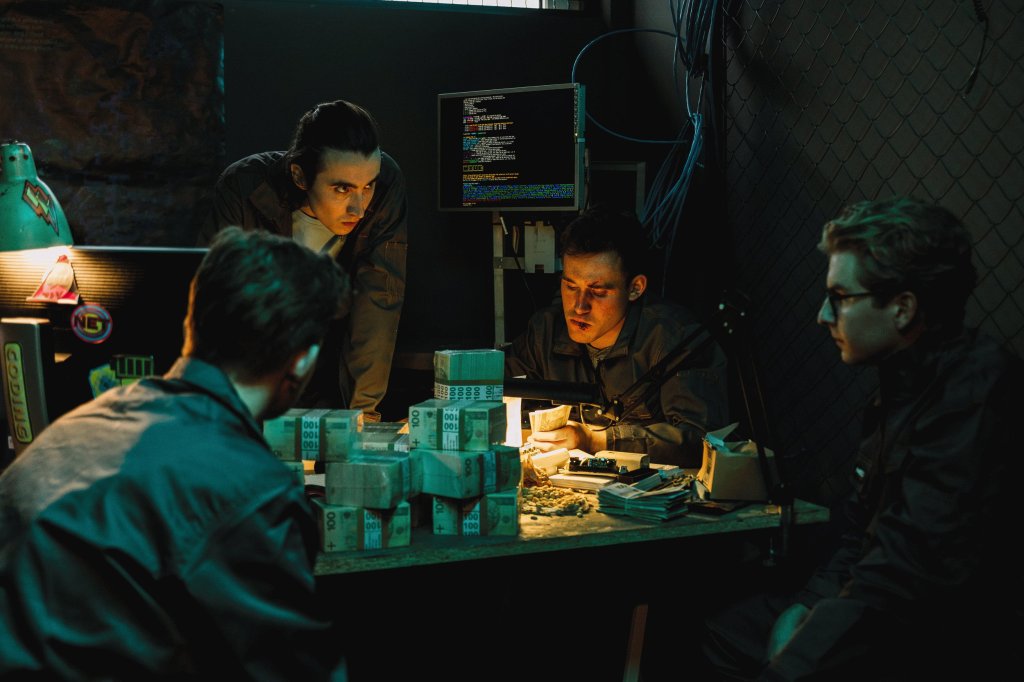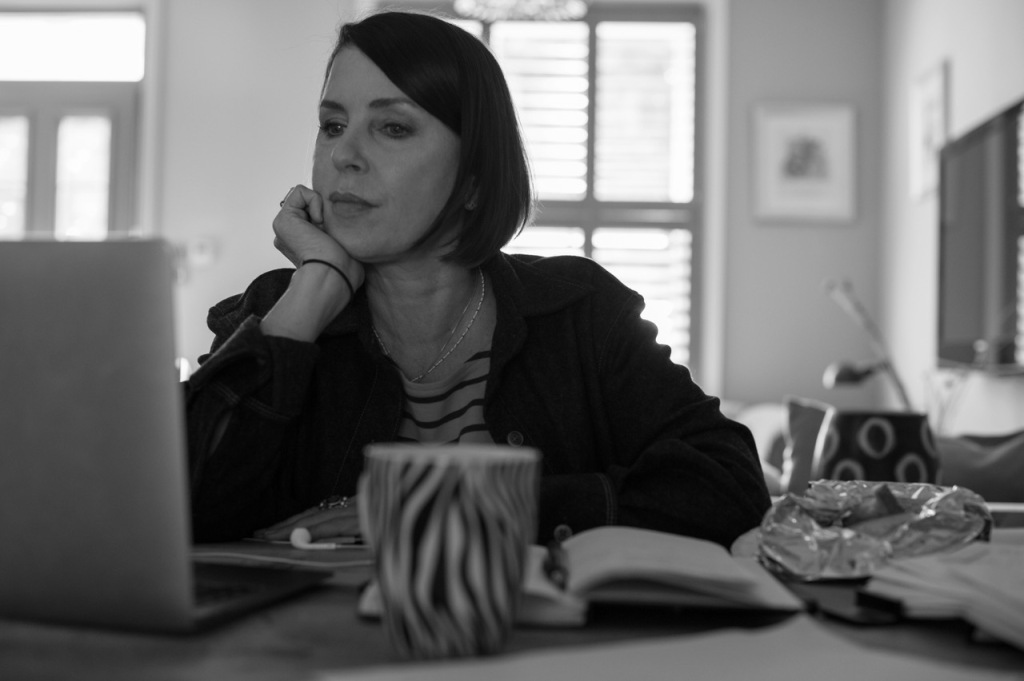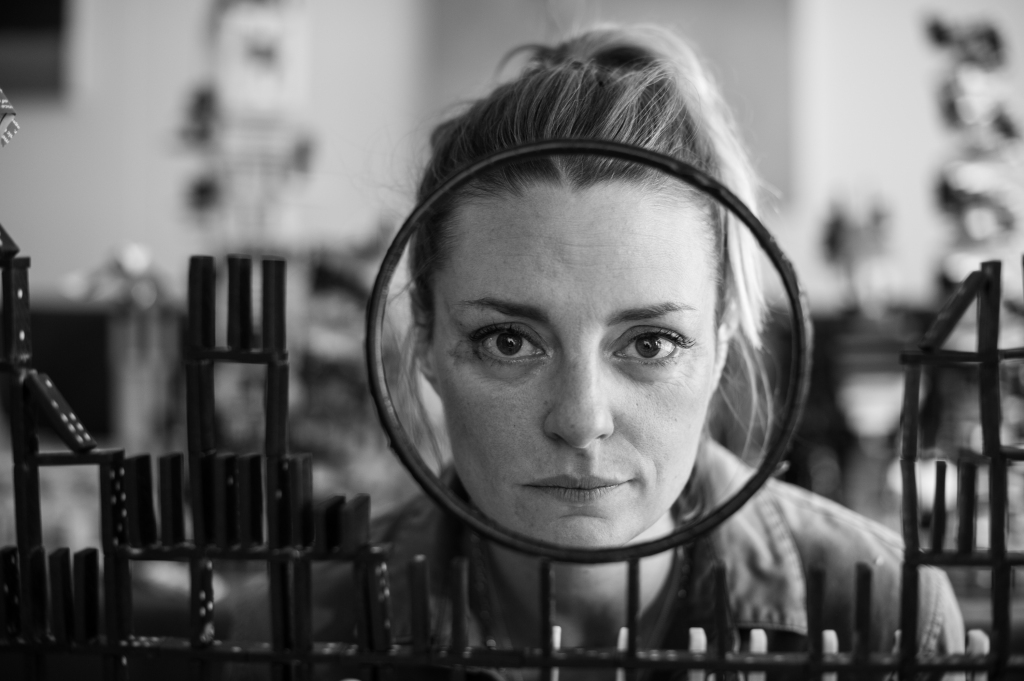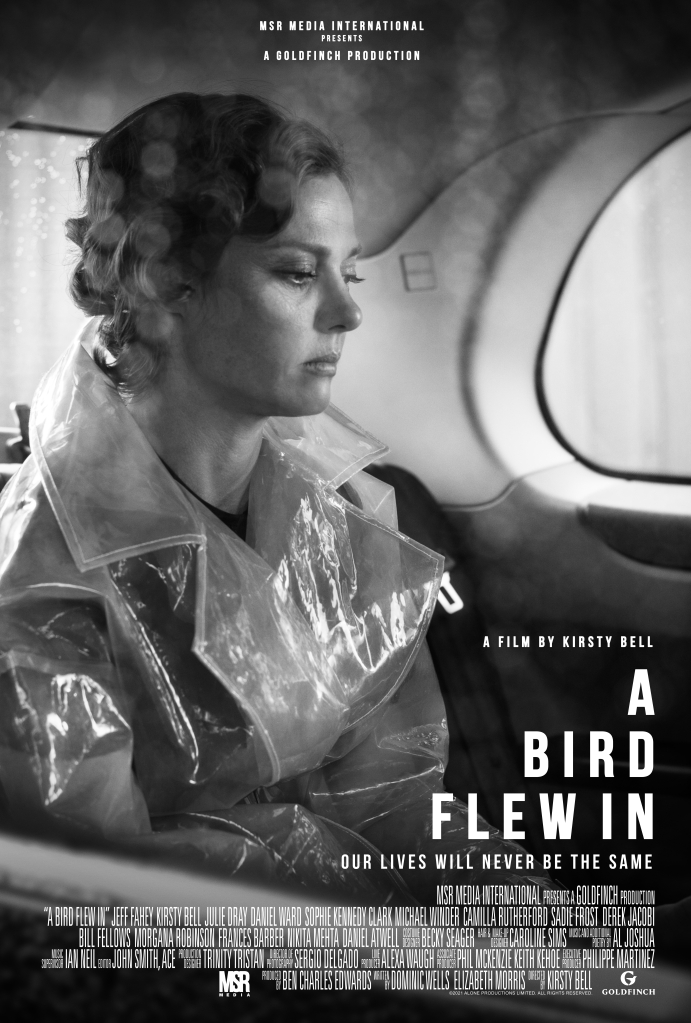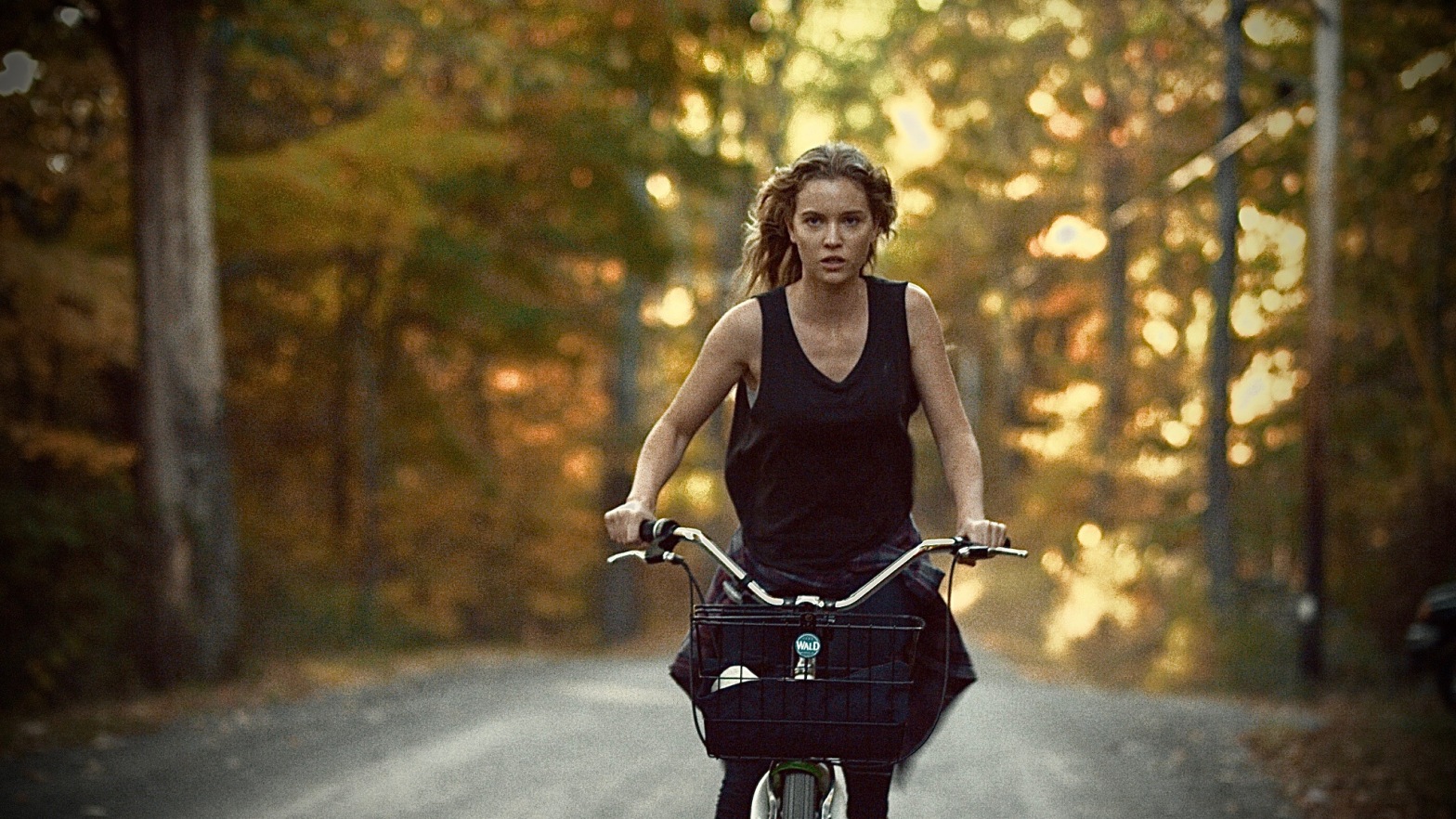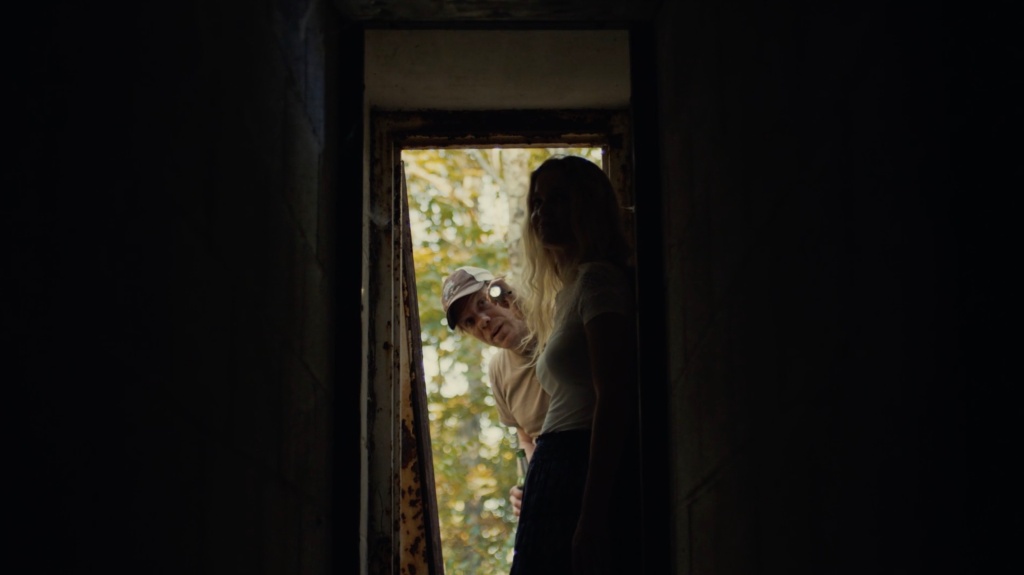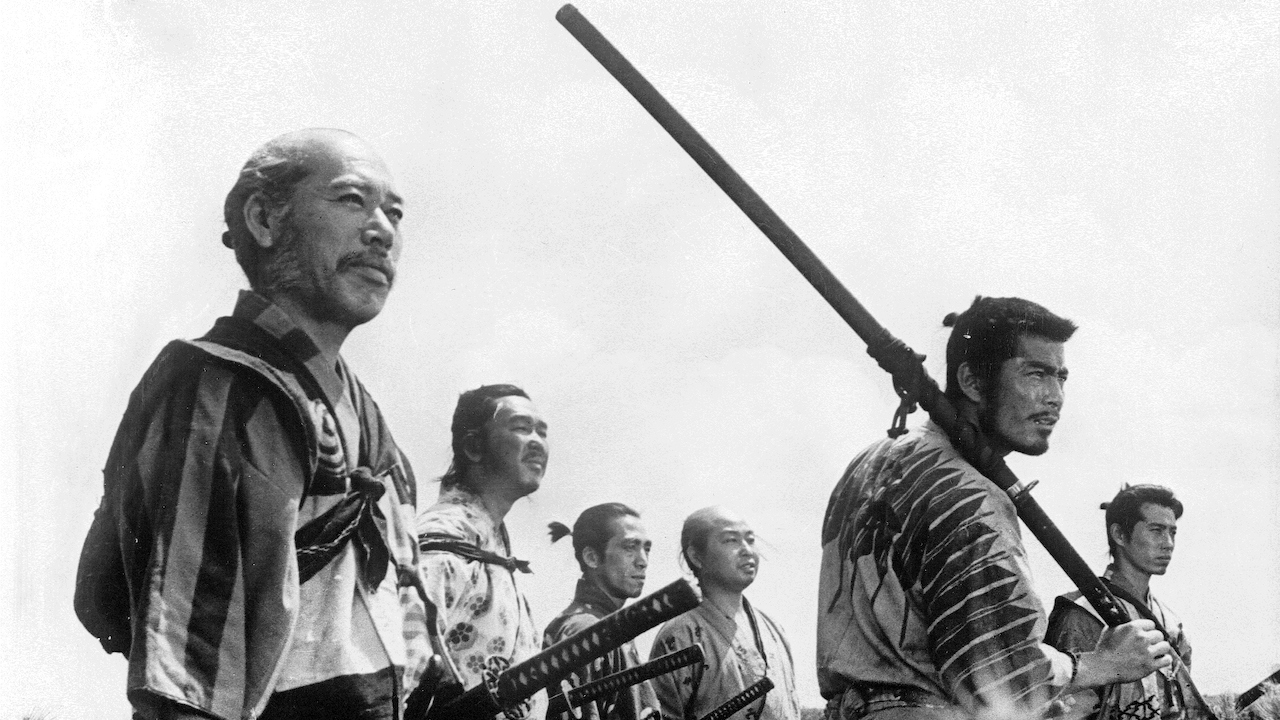Drive My Car is available to rent on the BFI Player and is part of the BFI Japanese season, based on the short story “Men Without Women” by Murakami Haruki it won the Best Screen Play at Cannes 2021. It’s about (spoiler alerts) a theatre actor / director and his sexually charged relationship with his screenwriter wife that abruptly ends after her sudden death and how his chauffeur becomes his companion and confidant in a story of interwoven and comparative lives.

It begins with a woman naked on top of a man, legs akimbo, as she tells an erotic story. The woman is screenwriter Oto (Reika Kirishima) who is married to the man, theatre director Yûsuke (Hidetoshi Nishijima). They continue the story in the car the next day remembering the sexual fantasy from the previous evening. It’s a ritual of theirs – she tells an erotic story during sex and he reminds her of it the following day fuelling her creative storytelling.
Another ritual of Yûsuke’s is learning his lines in the car with his wife’s recorded voice and he is currently learning Chekov’s Uncle Vanya whose lines become cleverly woven into the story’s narrative. He has to leave town for a show but when his plane is cancelled and he returns home unexpectedly he finds his wife in the throes of a sexual act with a young actor acquaintance Koji (Masaki Okada) but deciding not to intervene he keeps up the pretence of his not knowing by video calling her from a hotel in a somewhat muted tone.

The story takes a sudden turn when Oto is found dead after suffering a cerebral haemorrhage, which is followed by the opening credits that appear after more than an hour after the film’s beginning! Moving into the second phase of the film Yûsuke takes a job as a play director for a production of Uncle Vanya in Hiroshima where he will be based for the next two months auditioning and rehearsing the play. But there is one unusual condition that he must abide by, he must have a young female chauffeur (Tôko Miura) to assist him – which for him is not necessarily an easy thing to agree to. As the auditions get under way we see Yûsuke is an expert in directing multilingual performances and here there is a mix of American, Japanese, Korean and also a deaf sign language user, and amongst them is the young actor, Koji, who had an affair with his wife.

Yûsuke chooses his cast and accepts their invitations for drinks and dinner to get to know them better and discover some of their idiosyncrasies. Koji asks him to join him for a drink and he goes knowing about Koji’s relationship with his wife but without letting on as they talk about sexual relationships. One of the producers asks him to dinner at his home with his wife and he discovers he is married to the deaf actor in the production but hadn’t wanted to tell him incase it biased his decision, meanwhile Yûsuke gives a gushing appraisal of his chauffeur that would normally be reserved for a leading starlet.

As the play’s opening evening draws nearer an inevitable major incident happens which results in Yûsuke and his driver, Misaki, taking time out together to visit her hometown becoming even closer as she shares her story about how she became a driver after her mother’s death and the loss of her home in a mudslide, and they are able to share in their grief together; but of course even with the play’s major disruption to its preparations the show must go.

Directed by Ryûsuke Hamaguchi (Asako I & II) his play within the film adds an affirming solidity to the story that takes us on an emotional journey with conversations about love, infidelity, secrets, disclosure, grief and trauma showing a depth of emotions whilst seemingly cruising through, in stoic fashion, the 3 hours run time without ever feeling the need to stop.

The cinematography emphatically captures the urban sprawl of the everyday Japanese cityscapes and the mis en scene of the apartments, bars, homes and theatres are immaculately executed and accentuated by the POV shots for the conversations, immersing you in them, and of course there are plenty of driving shots: getting into the car, getting out of the car, starting the car, pulling away, reversing, parking, smoking and talking in the car; and in particular it’s the conversations in the car that bring a confessional type of intimacy as they drive along the highway with the engine purring in the background.
There’s a great deal to enjoy here from the peculiarities of the creative artists to the secrets and confessions people choose to hold and divulge all captured in a simplistic and yet engaging way encapsulated none more so than by the classic red Saab 900 on display.

Film: Drive My Car
Director: Ryûsuke Hamaguchi
Stars: Hidetoshi Nishijima, Tôko Miura, Reika Kirishima
Genre: Drama
Run time: 2hr 59min
Rated: 15
Rating: 4/5





